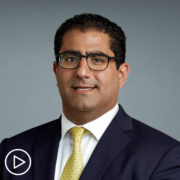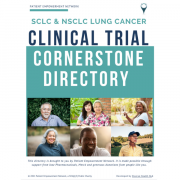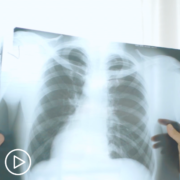Dr. Joshua Sabari: Why Is It Important for You to Empower Patients?
Dr. Joshua Sabari: Why Is It Important for You to Empower Patients? from Patient Empowerment Network on Vimeo.
Dr. Joshua Sabari emphasizes the importance of active listening and non-judgmental communication in patient care. Dr. Sabari shares how allowing patients to express themselves fully and addressing all their concerns without interruption fosters trust and empowerment.
See More from Empowering Providers to Empower Patients (EPEP)
Related Resources:
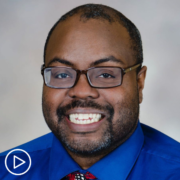
|

Dr. Samuel Cykert: Why Is It Important for You to Empower Patients? |
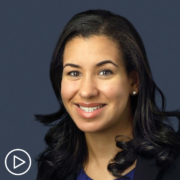
Dr. Charlotte Gamble: Why Is It Important for You to Empower Patients? |
Transcript:
Dr. Joshua Sabari:
I think the key thing to empower patients is to listen and not to judge. The second a patient feels that you are cutting them off, you are judging them, they’re going to shut down. Family members shut down. Allowing patients to express themselves, to explain what the questions they have, never leave a visit when your patient has not finished their questions.
And I know that sounds silly, but you’d be surprised how many physicians walk out of office visits when patients still have many questions. That’s our job, that’s our role. You can set up another visit, you can set up a video visit, but make sure that you allow patients to ask their questions in an open manner, in a non-judgmental manner. Even myself, we all have biases. I find myself changing my facial sort of nuances when I think a patient is asking a silly question.
So understanding those biases that we all have and again, being open, sort of being sort of willing to hear and listen to our patients is critical. We’re not the person diagnosed with the lung cancer. It’s the patient there in front of us, the family members. I think being open, being able to listen broadly to patients’ concerns, even if they’re not in line with our concerns, I think is critical. Any point at which you shut down that conversation that may close that patient relationship down, that may close some of those questions that may have been critical for patients.
So, one thing that I always end our visits with is an open, this is an open discussion. This is how you contact me, this is how you contact our team. We are here for you. We are service providers to you. And I think that in itself having this sort of motivational but also open dialogue is going to empower your patients, not only to ask questions and the right questions, but to allow them to tell you when they’re not feeling well, when something is going wrong.

